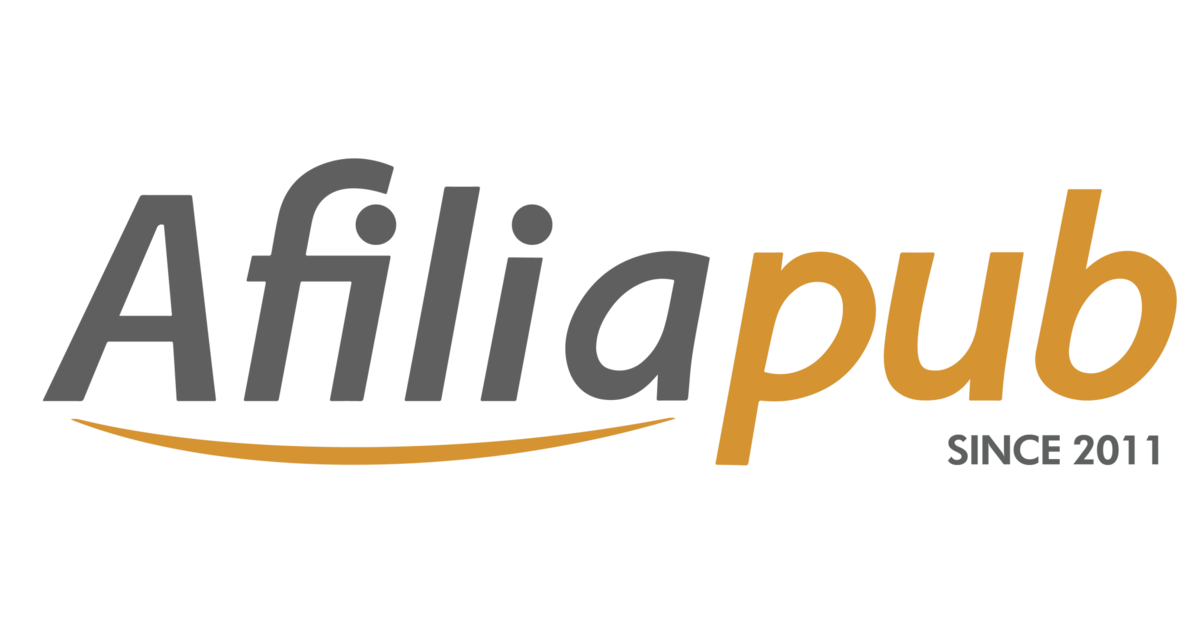How to Build Trust with Your Affiliate Audience

A strong foundation of trust enables affiliate marketers to create long-lasting relationships with their audience, which drives engagement, loyalty, and, ultimately, higher conversions. Several studies confirm this, with Edelman’s Trust Barometer revealing that 81% of consumers need to trust a brand before buying from it.
In this article, we’ll explore practical steps to build and maintain trust with your audience so they see you as a valuable resource, not just a promoter.
Tabla de contenidos
Understand Your Audience’s Needs and Pain Points
Building a strong connection with your audience starts by fully understanding their unique needs, preferences, and challenges. Data shows that 60% of consumers respond positively to brands that offer personalized, relevant content. This can be achieved through tools such as:
- Google Analytics: Analyzes demographics and user behavior.
- Facebook Insights: Tracks engagement metrics and demographics.
- Social Listening Tools: Gathers feedback on customer interests and trends.
Consistently addressing your audience’s pain points positions you as a valuable resource. Since 80% of consumers say personalization influences their purchasing decisions, providing relevant content builds a strong foundation of trust. This makes them more willing and comfortable to check out your affiliate link.
Promote Only Products You Believe In
As an affiliate marketer, you can’t afford to push out just any product for the sake of it or financial gain. That’s why as a rule of thumb, promoting items genuinely you believe in is a non-negotiable in affiliate marketing
Modern consumers are discerning; they can easily spot insincere promotions, which can undermine your credibility. In fact, a survey by BrightLocal found that 88% of consumers trust online reviews as much as personal recommendations.
If you’ve personally used a product and can vouch for its quality, this authenticity will resonate with your audience, and they’ll trust your recommendations.
Create High-Quality, Informative Content
High-quality content positions you as a trusted expert in your niche and remains one of the most effective ways to establish trust. People follow you not only for product recommendations but also for valuable insights and information.
By consistently delivering well-researched, detailed, and informative content, you show your audience that you’re a knowledgeable resource. And the stats back this up, with more content-focused companies seeing 13 times higher ROI than those that don’t. Effective content includes:
- Product Comparisons: Helps the audience weigh options.
- How-To Guides: Provides step-by-step help for using products.
- In-Depth Reviews: Offers detailed insights into product functionality and value
Tips for Content Quality and Authenticity
- Use Real-Life Examples: Showcase products in practical contexts.
- Include Verified Data: Builds credibility by supporting claims with research.
- Avoid Over-Promotion: Prioritize helping over-selling.
When audiences see that you genuinely understand and care about their needs, they are more likely to trust your advice and engage with your recommendations.
Engage with Your Audience on Social Media
Social media offers a direct way to engage with your audience, providing a more personal connection. Studies indicate that 78% of consumers are likely to buy from a brand that engages with them on social platforms. Ways to engage include:
- Responding to Comments and Messages: Builds rapport and shows you value their input.
- Hosting Q&A Sessions: Gives your audience a chance to interact and ask questions.
- Creating Polls or Surveys: Collects feedback directly from your followers.
Moreover, consistent engagement strengthens transparency. A survey by Stackla found that 86% of consumers say authenticity is important in deciding which brands they like and support. When followers feel their voices are heard, they become more inclined to trust your recommendations, contributing to a community of trust and loyalty.
Showcase Testimonials and User-Generated Content
Showcasing user testimonials and real-world experiences of your audience offers proof that products deliver on their promises. In fact, Nielsen’s Global Trust in Advertising Report highlights that 92% of consumers trust recommendations from people they know over any form of advertising.
This includes:
- Testimonials: Share positive feedback from existing users.
- User Stories: Highlight stories of how the product has benefited others.
- User-Generated Content (UGC): Feature real images or videos from customers using the product.
Featuring real feedback or user-generated content helps demonstrate your product’s credibility. This strengthens credibility and cultivates trust, as consumers are more likely to believe fellow users’ experiences than standard promotional content
Offer Honest Product Comparisons and Alternatives
When you provide honest, unbiased product comparisons, you build a reputation as a genuine advisor. TrustRadius reports that 82% of B2B buyers prioritize brands that offer detailed, honest product insights. To create valuable comparisons:
- Present Pros and Cons: Be upfront about each product’s strengths and weaknesses.
- Suggest Alternatives: If one product may not suit all, recommend alternatives.
- Keep Objectivity: Avoid overstating benefits for the sake of sales.
When audiences see balanced information, they view you as a trustworthy source, not just an affiliate marketer focused on profits.
Stay Consistent
Consistency in content creation and brand messaging fosters familiarity, which is fundamental to building trust. According to a study by McKinsey, consistency in brand messaging can increase brand strength by 20%.
So, stick to a consistent posting schedule, whether it’s on your blog, social media channels, or YouTube, so your audience knows when and where to expect content.

Why Micro-Influencers Are Becoming Affiliate Gold in Bangladesh
In Bangladesh’s growing digital space, micro-influencers are quickly becoming the go-to partners for affiliate marketers. These everyday content creators, often followed by a few thousand

How to Track and Optimize Affiliate Conversions like an expert
Affiliate marketing has gone beyond just promoting links and waiting for commission to roll in. If you’re serious about making real money, you need to

How to Choose the Best CPA Offer for Your Niche
Picking the right CPA (Cost-Per-Action) offer can be the difference between making steady affiliate income or constantly spinning your wheels. With so many networks, offers,












